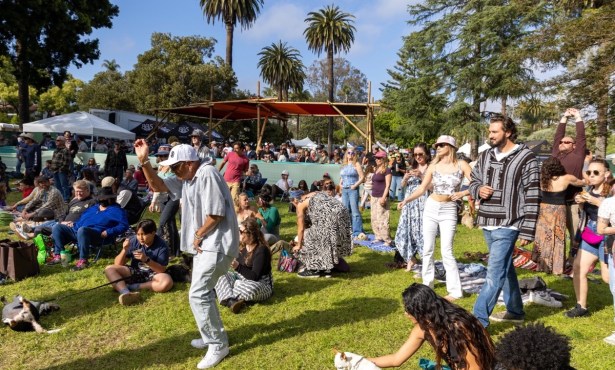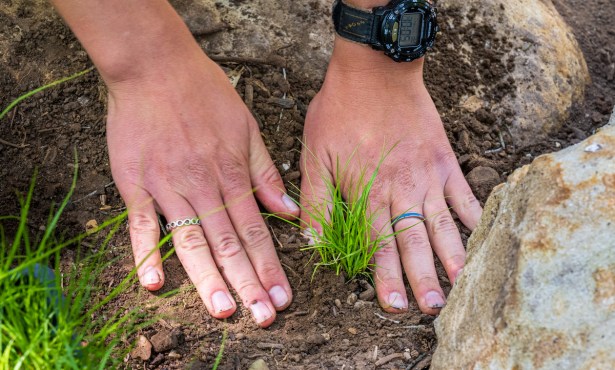Mother Grapples with Mystery of Wiedemann-Steiner Syndrome
Kirsten Stuart Never Stopped Fighting for Her Son Niko
From the first time Kirsten Stuart held Niko in her arms, she knew something was different about her son. Friends, family, and even doctors told Stuart, a Santa Barbara mother who previously worked with special-needs children, that she was being overcautious, that she was looking for trouble. “But my gut was telling me something was wrong,” Stuart said. “I just didn’t know what it was.”
It wasn’t until Niko was 11 months old and he was placed on life support that people finally believed her. Yet still, no one knew what it was that made Niko different.
Stuart spent the next eight years researching medical conditions and diseases online. Her family spent thousands of dollars on genetic testing, but the results all came back inconclusive. Though family and doctors supported Stuart’s quest, there were times when even her husband suggested she stop because of the physical and emotional strain it was having on her. “It was a very scary time,” she said. “Anyone who has searched for diseases on the internet knows it’s a horrifying place for a parent.”
Part of what made her pursuit so incredibly difficult was Niko’s broad range of symptoms, including digestive problems and learning issues. For a time, Stuart was convinced her son had mitochondrial disease. Then she thought it might be leukemia. “When the test for leukemia came back negative I sat on the floor and cried,” she said. “Who does that? I was hoping we’d have an answer. That’s how desperate you get.”
Finally, Stuart’s exhaustive search came to an end in February 2014, when she found herself on a European website with grainy photographs of children from a 10-year-old study. “All the kids looked just like my son,” she remembered. “And I said, ‘Oh my god — I think I found it.’”
The Stuarts rushed to Cedars-Sinai Medical Center in Los Angeles. This time, tests came back positive for Wiedemann-Steiner syndrome (WSS), an incredibly rare disorder caused by a small mutation of the 11th chromosome. The condition is so rare that at the time there were fewer than 300 known cases in the world. Niko’s previous genetic testing had come back negative for WSS because the disorder was only officially discovered in 2012, about a month after his test.
Today, Stuart and her husband, Andrew, are on the board of directors for the Wiedemann-Steiner Syndrome Foundation, and they run the organization’s website. They have raised more than $150,000 of their $250,000 goal to fund a large-scale university research grant. “That’s the goal of the foundation — to fund research — because there isn’t any,” Stuart said. “There’s research that led to the discovery, but there’s no research that tells us about life expectancy or the best course of treatment. I don’t want to find out in 10 years that I should have been doing ‘X’ treatment instead of ‘Y’ treatment.”
Another goal of the foundation is to help other families searching for a diagnosis. Stuart suspects that part of why the WSS diagnoses remain so rare is because the disorder can be hard to identify unless it is being specifically looked for, and also because genetic testing costs thousands of dollars and is usually not covered by insurance. Stuart expects public awareness will continue to grow in the coming years. “My son already doesn’t feel like he’s all that rare,” she explained. “We know all the people in California who have it, and we’ve had playdates.”
Through Facebook, the Stuarts found another child with WSS in Ventura, and last fall the foundation hosted its first conference in Orlando, Florida. “Our kids were able to meet each other and play together,” said Stuart. “We hugged and cried and laughed together. It was the best day.”
To learn more about Wiedemann-Steiner syndrome and donate to the foundation, visit wssfoundation.org.



